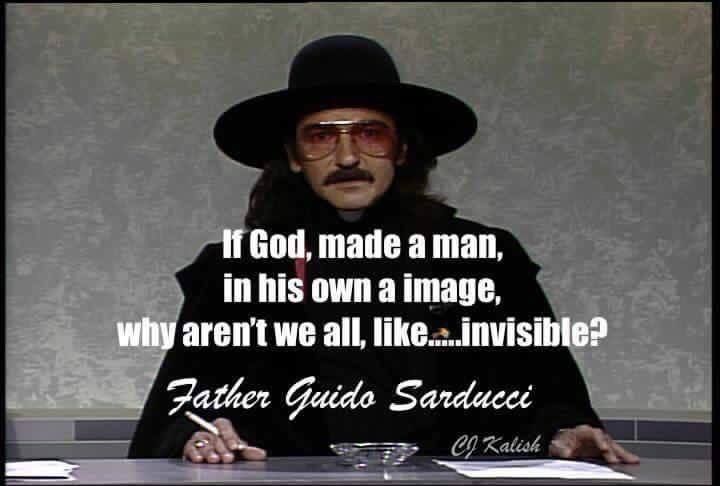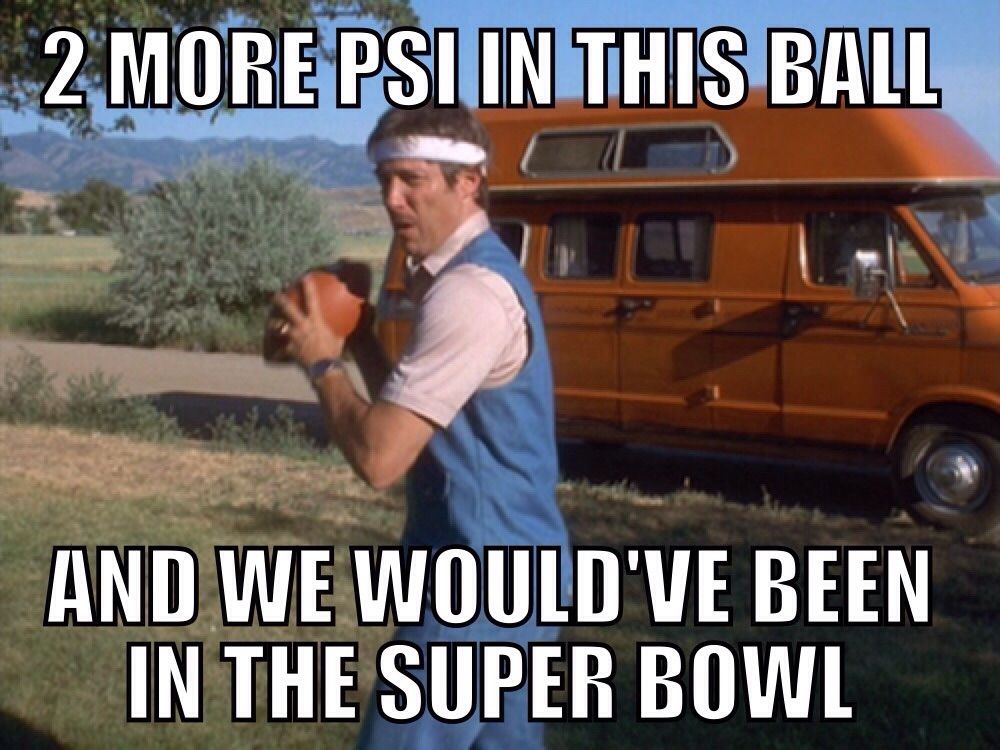God on Trial: Day 11
Cross-Examining the Witnesses

Introduction
In a courtroom, the case isn’t decided on the defendant’s testimony alone. We call witnesses—those who claim to have firsthand knowledge, direct experience, or credible evidence. When it comes to God, religion offers its own parade of witnesses: prophets, apostles, church fathers, modern evangelists, faith healers, and ordinary believers who swear they “just know” God is real.
But here’s the problem—belief does not equal truth. And just because someone sincerely believes their testimony doesn’t make it reliable. That’s why cross-examination exists: to test claims, expose contradictions, and separate fact from fantasy.
The Ancient Witnesses – Prophets and Apostles
Religious tradition holds that the earliest “witnesses” to God were prophets like Moses, Isaiah, Jeremiah, and the apostles of Jesus. They are revered as men chosen by God to reveal divine truths. But when their stories are put under modern scrutiny, things get complicated.
For example:
- Moses is said to have led the Israelites out of Egypt in the Exodus—a defining moment in Jewish history. Yet, archaeological evidence for the Exodus is nonexistent. No records in Egyptian history, no physical evidence of a wandering nation in the Sinai for 40 years. (Finkelstein & Silberman, 2001)
- The apostle Paul, often credited as the first major Christian theologian, never met Jesus in person. His “encounter” with Christ was a vision on the road to Damascus—an unverifiable, subjective experience that today would be considered anecdotal at best.
In a trial, hearsay without corroboration is inadmissible. And yet much of the religious record is built precisely on hearsay passed down through oral tradition for decades before being written.
The Modern Witnesses – Evangelists and Faith Healers
Fast-forward to today and the witness stand is filled with modern preachers, televangelists, and self-styled prophets. They claim miracles, divine revelations, and healings “in the name of Jesus.” But under cross-examination, the credibility falls apart:
- Many “faith healings” have been debunked as stagecraft—using planted audience members, vague “words of knowledge,” and emotional manipulation.
- Financial scandals abound, with prosperity gospel preachers living in mansions, flying private jets, and wearing Rolexes—all while telling their followers that God will bless them if they give more.
As I’ve said before: These are not prophets. They’re spiritual grifters in Rolexes and Christian branding. Their testimony isn’t divine revelation—it’s salesmanship wrapped in scripture.
The Everyday Witness – Personal Testimony
Perhaps the most common witness in the case for God is the ordinary believer who says, “I’ve felt His presence,” or “God answered my prayer.” These testimonies are heartfelt and deeply personal—but feelings are not evidence.
Psychology tells us that human beings are prone to confirmation bias—the tendency to notice and remember events that confirm our beliefs while ignoring those that don’t. If you believe God healed your cancer after you prayed, you’re more likely to attribute your recovery to divine intervention rather than to medicine, chance, or your body’s own immune system.
Furthermore, believers of every religion have similar experiences—Muslims, Hindus, Buddhists, Mormons—all claiming their own gods or spiritual forces acted in their lives. They can’t all be right. The diversity of contradictory testimonies undermines the reliability of any single faith’s claim.
Cross-Examination Results – Where’s the Evidence?
When each witness is cross-examined—prophets, apostles, modern evangelists, and everyday believers—we find the same weaknesses:
- No independent verification of supernatural claims.
- Contradictory accounts across cultures and religions.
- Strong personal bias and emotional investment in the outcome.
- Financial or social incentives for promoting belief.
In a real trial, when every witness is this compromised, the prosecution’s case collapses. The defense may still want to believe the story, but “wanting” doesn’t meet the burden of proof.
Why This Matters
Because policy, law, and culture are still shaped by these witnesses. Politicians quote scripture. Pastors lobby against legislation. Entire communities base their morals, votes, and worldviews on testimonies that would never survive a real legal cross-examination.
If we are going to let belief influence education, reproductive rights, science funding, and social policy, we should demand that the “witnesses” to God’s existence meet the same standards of evidence we would expect in any courtroom: consistency, verifiability, and freedom from bias.
The truth has nothing to fear from scrutiny—but bad testimony crumbles when questioned.
References
- Finkelstein, I., & Silberman, N. A. (2001). The Bible Unearthed: Archaeology's New Vision of Ancient Israel and the Origin of Its Sacred Texts. Free Press.
- Dawkins, R. (2006). The God Delusion. Houghton Mifflin Harcourt.
- Randi, J. (1989). The Faith Healers. Prometheus Books.
- Shermer, M. (2000). How We Believe: The Search for God in an Age of Science. W. H. Freeman.
Disclaimer:
The views expressed in this post are opinions of the author for educational and commentary purposes only. They are not statements of fact about any individual or organization, and should not be construed as legal, medical, or financial advice. References to public figures and institutions are based on publicly available sources cited in the article. Any resemblance beyond these references is coincidental.











